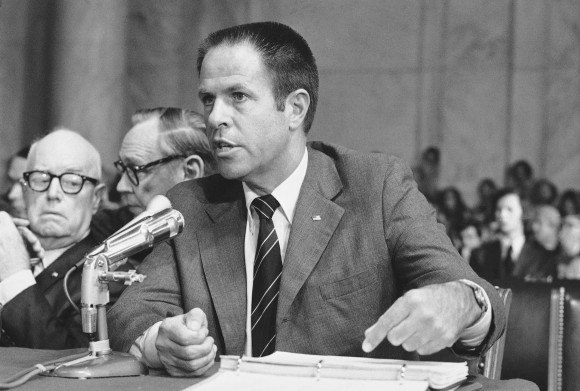Gone With The Wind: In the novel, when Scarlett throws the china rosebowl against the wall, Rhett Butler says, "This is too much!"
In the movie he asks incredulously, "Has the war started?!"
It's pretty funny. --Yes the war between the states has begun and the Union Army is here to -- hector you with smashed bric-a-brac.
_______________________________________
When I first saw the film and then read the book, it seemed to be about romance and love and happiness and knowing oneself as opposed to self-delusion.
It is also a meditation on war and other useless conflict between human beings.
Gerald O'Hara leaves Ireland and builds a new life in America, and then goes right back to hating whoever he hated back in Ireland:
The MacIntoshes were Scotch-Irish and Orangemen and, had they possessed all the saintly qualities of the Catholic calendar, this ancestry would have damned them forever in Gerald's eyes.
Full circle.
Second verse,
same as the first,
twice as loud and
three times worse...
But then, this time he doesn't kill somebody and consequently have to run away again, and start over again, because -- that was a lot of work... This time he punishes his imaginary enemies by not socializing with them. So -- progress??
____________________________
The Guardian carried an article this week about fascism. Below are three of the Reader Comments.
^ Nazism will start to die when the incentive in hierarchical power flow charts switches from the self interested greed of the few to fellow feeling for the many. Good economy...good education...rational choices... circle of virtue not vice.
^ When we stop allowing sociopaths to be in charge.
yorktone
^ The trend of human progress is toward equality and, however slow it might seem, it always has been.
Periodically societies experience a push against this progress.
We call these temporary pauses fascism.
Fascism always fails.
We will, as a species, continue to blend and refine ourselves to the point we become conscious only of our similarities, not our differences.
We will eventually unite and thrive.
We kid ourselves that humanity has advanced beyond its infancy but really we are barely weaned and we mewl and puke our way toward a maturity that will see us abandon nationalities, borders, religions and conflict.
We will do better than this, our current divided state, eventually.
Every fascist knows this.
They can feel the trend for progress in their bones and it terrifies them.
They will lose and they know it.
They squawk and they squirm, they claim their superiority, but they know, that with every generation their claim of uniqueness dissipates, their hatred is diluted, and their children will reject the poison they hold dear...
___________________________________
------------------ [excerpt, Gone With The Wind]---------------- There were hundreds of men skulking in the swamps and the mountains, defying the provost guard to drag them back to the army. They were the ones who declared it was a "rich man's war and a poor man's fight" and they had had enough of it.
But outnumbering these by far were men who, though carried on company rolls as deserters, had no intention of deserting permanently. They were the ones who had waited three years in vain for furloughs and while they waited received ill-spelled letters from home:
"We air hungry" "There won't be no crop this year -- there ain't nobody to plow." "We air hungry." "The commissary took the shoats, and we ain't had no money from you in months. We air livin' on dried peas."
Always the rising chorus swelled: "We are hungry, your wife, your babies, your parents. When will it be over? When will you come home? We are hungry, hungry."
When furloughs from the rapidly thinning army were denied, these soldiers went home without them, to plow their land and plant their crops, repair their houses and build up their fences.
When regimental officers, understanding the situation, saw a hard fight ahead, they wrote these men, telling them to rejoin their companies and no questions would be asked. Usually the men returned when they saw that hunger at home would be held at bay for a few months longer.
"Plow furloughs" were not looked upon in the same light as desertion in the face of the enemy, but they weakened the army just the same.
Dr. Meade hastily bridged over the uncomfortable pause, his voice cold: "Captain Butler, the numerical difference between our troops and those of the Yankees has never mattered. One Confederate is worth a dozen Yankees."
The ladies nodded. Everyone knew that.
________________________________________
{Gone With The Wind, by Margaret Mitchell. Macmillan Inc. 1936.}
-30-





















































